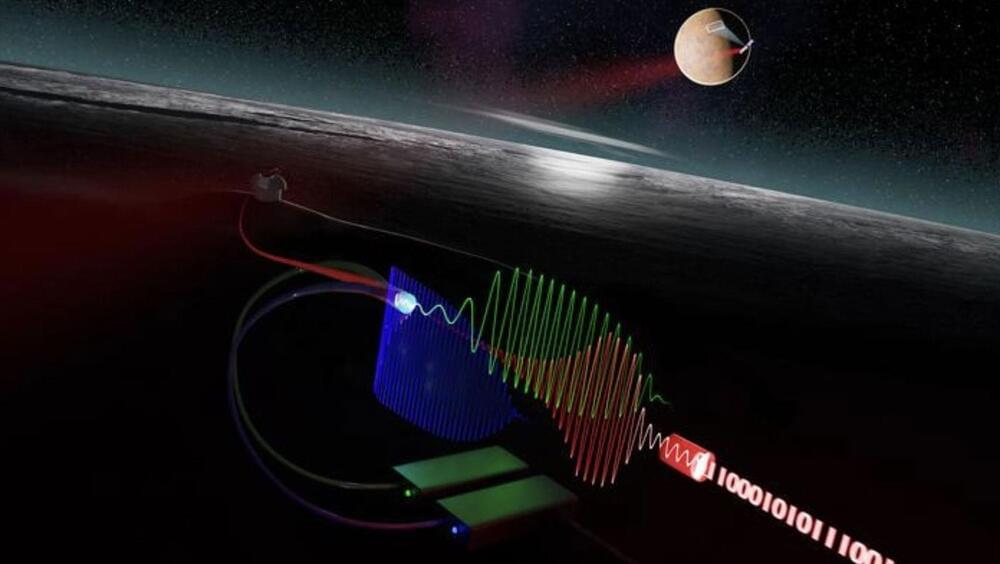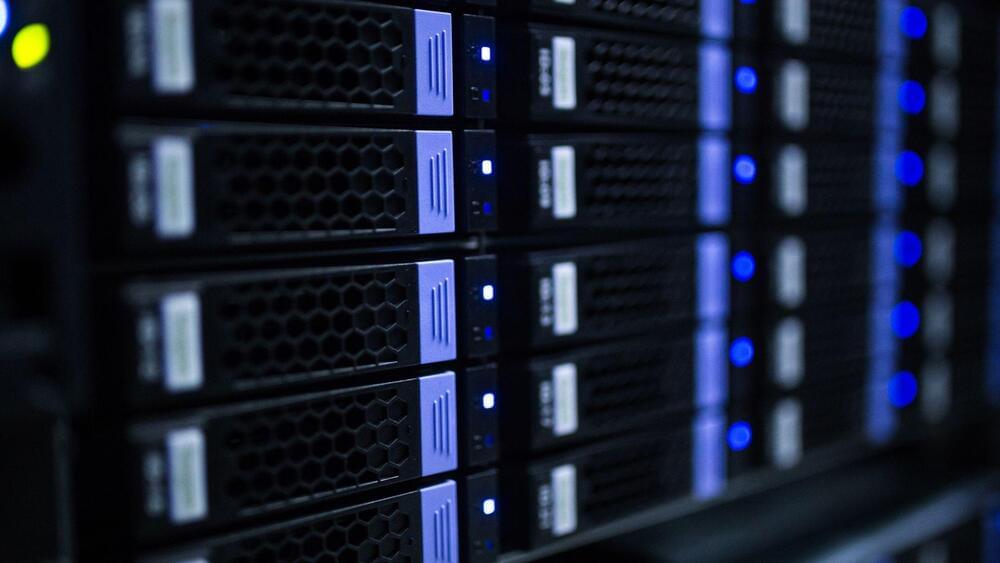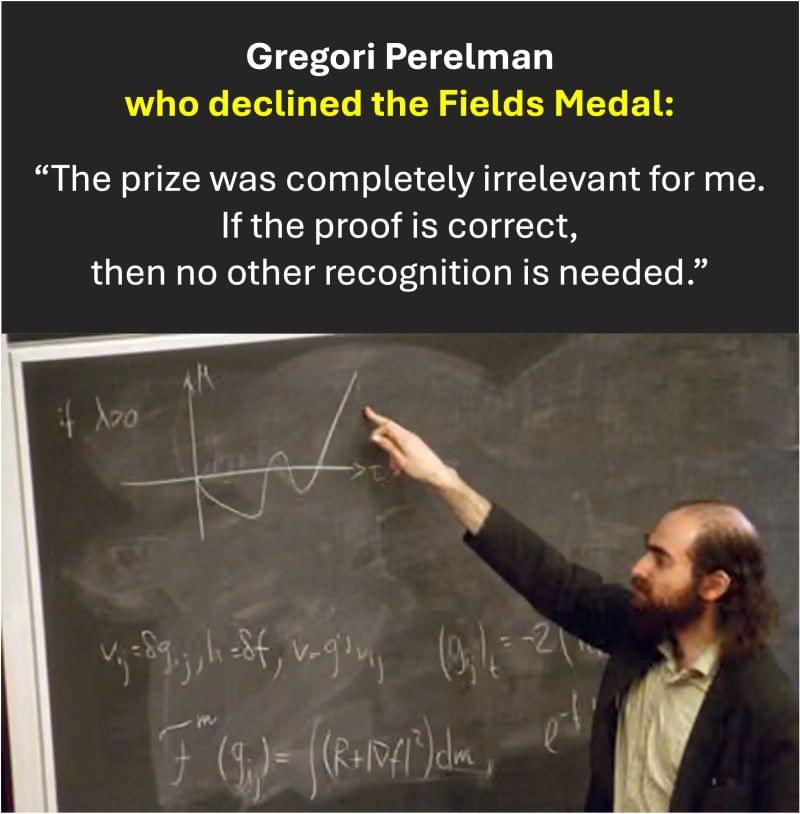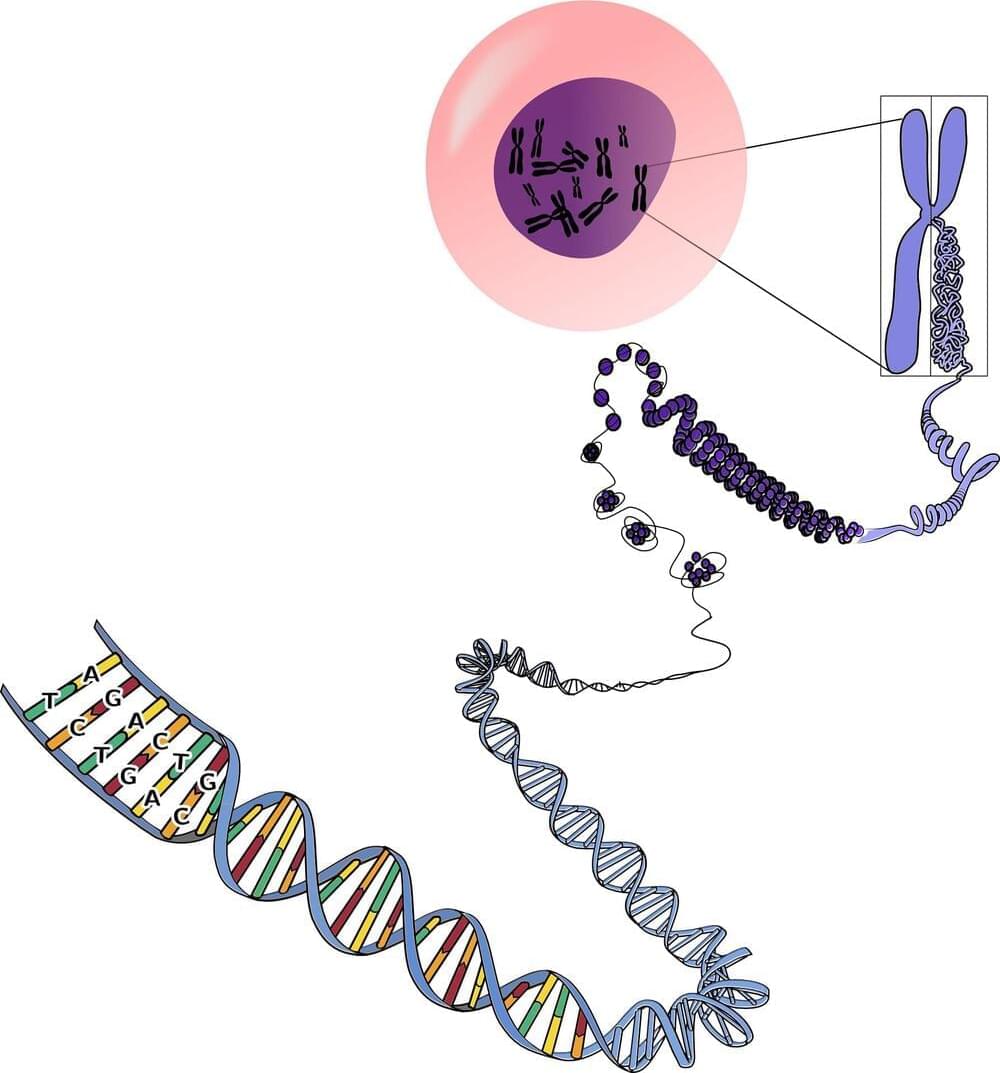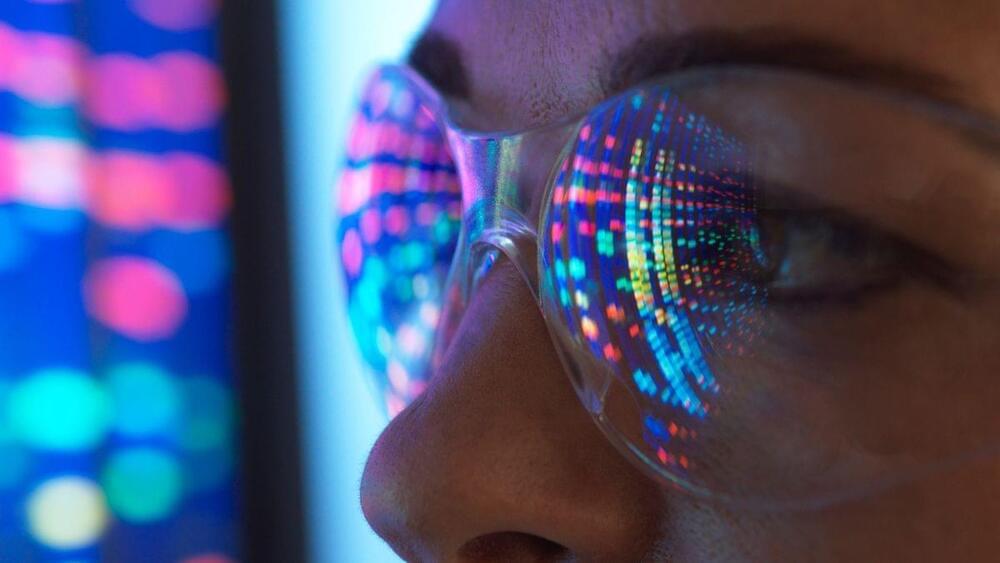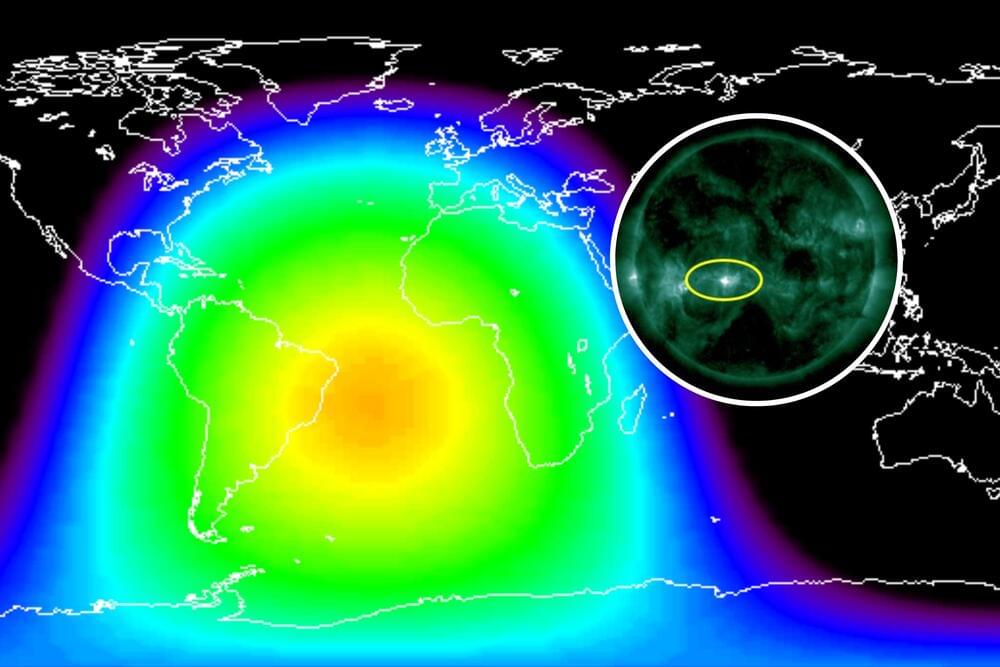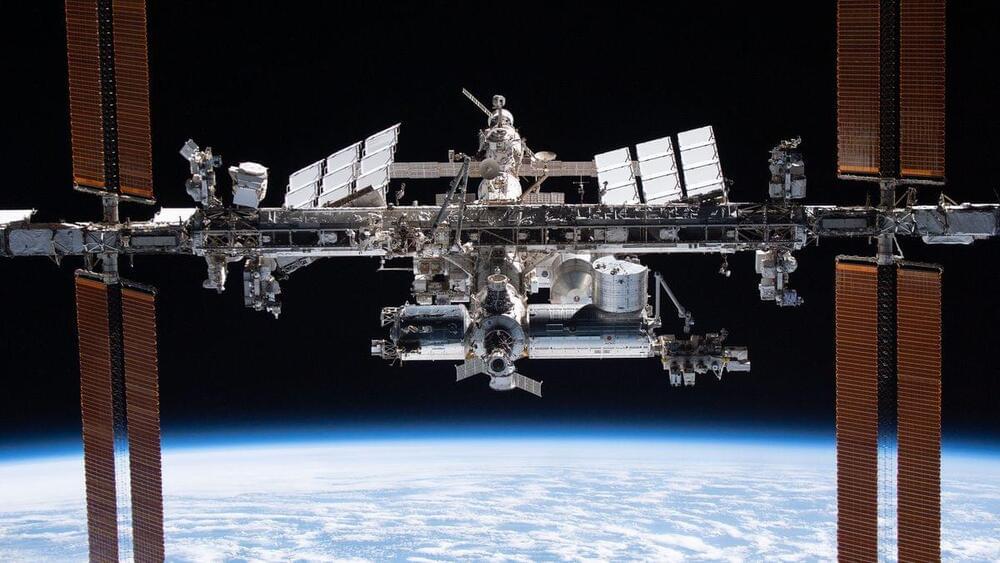Swedish scientists report a new breakthrough in technology that could transform optical communication in deep space, according to recently published research.
In a study led by a team at Chalmers University of Technology in Sweden, researchers have developed a silent amplifier and ultra-sensitive receiver that can facilitate high-fidelity transmissions over vast distances, showing promise for long-distance space communication.
Optica l Communication Through Deep Space
